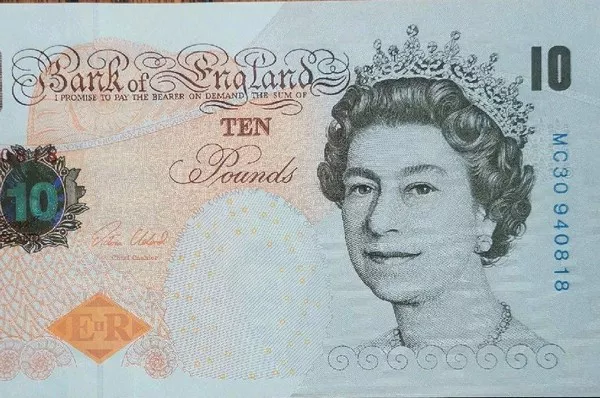The Euro (EUR) surged on Thursday, buoyed by an uptick in German inflation figures. The Eurozone’s largest economy recorded a headline inflation rate of 3.7% in December, marking an increase from November’s 3.2%.
This development reinforces the likelihood that the European Central Bank (ECB) will maintain unchanged interest rates for an extended period as part of their efforts to bring inflation down to their target of 2%. Analysts now anticipate the ECB to initiate the unwinding of its monetary policy in June, a later timeframe compared to other major central banks.
Carsten Brzeski, Global Head of Macro at ING, affirmed, ‘We stick to our call of a first ECB rate cut in June. As much as today’s rebound in inflation and potentially more inflationary pressure in the coming months is bad news for consumers, it should be enough to finally push out market expectations about the timing of the first ECB rate cut.’
Additionally, the Eurozone’s latest service sector index exceeded preliminary readings on Thursday morning. The signs of a reduced slowdown in the sector provided initial support for the EUR.
The Pound (GBP) exhibited strength against most major counterparts on Thursday, spurred by a better-than-expected final services Purchasing Managers’ Index (PMI) print.
The crucial UK service sector expanded beyond preliminary projections in December, registering a reading of 53.4, surpassing the preliminary figure of 52.7. This marked a significant upturn in activity compared to November’s reading of 50.9.
Tim Moore, Economics Director at S&P, remarked, ‘December data indicated that the UK service sector ended last year on a high, with business activity growth accelerating to its fastest for six months as the turnaround in order books gained momentum.’
Consequently, concerns about the UK economy began to alleviate slightly, signaling stability despite the Bank of England’s (BoE) aggressive rate-hiking cycle. However, optimism was tempered by expectations of imminent interest rate cuts, potentially limiting the GBP’s gains.
Analysts continue to anticipate the BoE’s initiation of unwinding its tightening cycle in Spring this year, which may have exerted additional pressure on GBP exchange rates during Thursday’s trading session.


